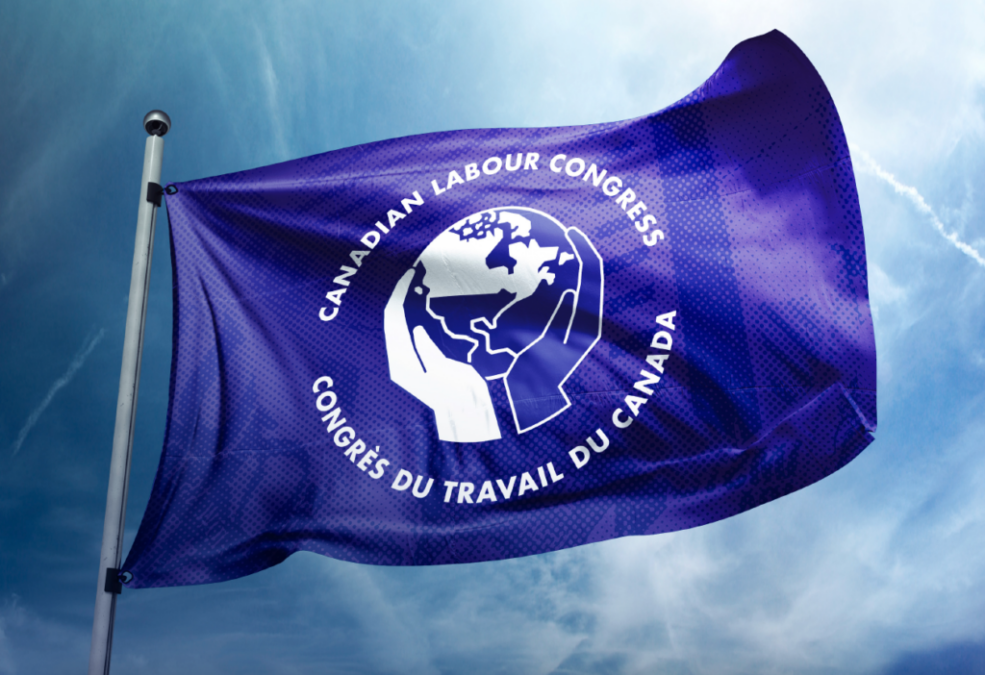
Besoin pressant d’action pour éliminer la violence homophobe et transphobe au travail
Gender-diverse workers in Canada are still facing disproportionately high rates of violence and harassment in the workplace. Canada’s unions are marking May 17, the international day against homophobia, transphobia, biphobia and intersexphobia by bringing attention to this pervasive problem.
“All workers, regardless of their sexuality or gender identity, deserve to work free of violence and harassment. Unfortunately, this reality is especially untrue for 2SLGBTQI+ workers, who often face disproportionate amounts of discrimination and bullying at work.” said Larry Rousseau, Executive Vice-President of the Canadian Labour Congress.
In fact, the CLC’s most recent survey on harassment and violence in Canadian workplaces found that 73% of gender-diverse respondents reported experiencing multiple forms of harassment and violence at work, a disproportionately high number compared to their cisgender colleagues. LGBTQ2S+ respondents were also more likely to have experienced harassment and violence, particularly sexual harassment and violence.
A 2020 study on Lesbian, Gay and Bisexual earnings in the Canadian labour market also found these populations were more likely to earn lower incomes, experience more discrimination in the workplace and deal with increased barriers to finding and advancing in employment compared to their heterosexual counterparts. And a 2020 Trans PULSE Canada survey report on trans and non-binary Canadians found that less than half of trans respondents were employed full‑time, while 35% were employed part-time.
“While these statistics paint a grim picture of the reality of anti-2SLGBTQI+ sentiments in the workplace, it doesn’t have to be this way. Canada’s unions believe in the power of properly implementing ILO C-190, the newly ratified global standard on harassment and violence at work, as a key part of the puzzle to address discrimination based on sexual orientation, gender identity and expression, and sex characteristics in the workplace,” continued Rousseau
Unions applauded the recent news of Canada’s ratification of ILO C-190, a historic global convention to end violence and harassment at work, first introduced in 2019. However, ratification is only the first step toward meaningful change. There needs to be a strong plan for implementation in all jurisdictions, which requires a coordinated effort involving governments, employers and unions.
“As Pride season commences from coast to coast, there is no better time for governments to take action and bring all stakeholders together to end all forms of violence and harassment at work. 2SLGBTQI+ workers deserve to feel safe at work and it’s time Canada take action to make this a reality,” concluded Rousseau.








